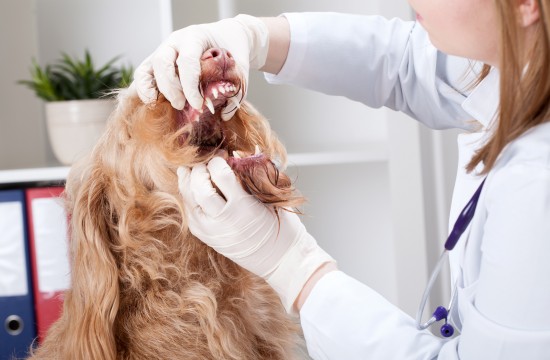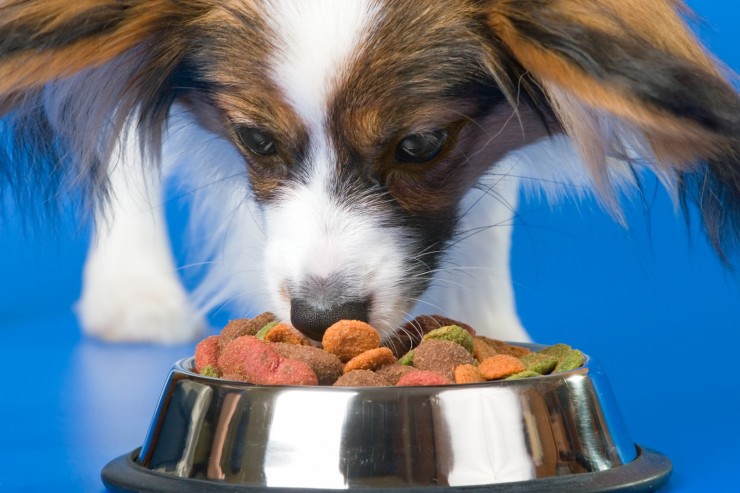In this article we will be focusing on Clavamox. Selecting Clavamox for cats, dogs, and other pets instead of older antibiotics is rapidly become the treatment of choice for veterinarians when it comes to bacterial infections, including those of the urinary tract. For years amoxicillin was the broad spectrum antibiotic most veterinarians called on to cure bacterial infections in cats, dogs, and other pets.
The advantage of selecting Clavamox for cats and dogs over other antibacterial medicines is its ability to treat a much broader range of bacteria.
Additionally, it is now being adopted by many kennels, human societies, and pet rescue services for its effectiveness, affordability, and limited number of side effects.
Clavamox is a combination of the two powerful bacterial killing drugs; amoxicillin and clavulanate potassium.
Amoxicillin is a broad-spectrum form of penicillin that for years was the go to treatment for both bacteria that requires air to flourish (gram negative aerobes) and bacteria that was able to flourish without air (gram-negative anaerobes). While impressive amoxicillin does have a couple of weakness with one being it is not effective against bacteria that produce beta-lactamase. Also, in recent years it is becoming more and more apparent that certain strains of bacteria are becoming resistant to amoxicillin increasing the chances of unsuccessful treatment resulting in chronic or infections or even worse.
Clavulanate (clavulanic acid) inhibits beta-lactamase production increasing the effectiveness of amoxicillin and subsequently broadening the number of strains of bacteria it can be used against.
But while selecting Clavamox for cats, dogs, and other pets has many advantages there are some negatives as well.
For example it is not considered to be an effective against bacterial such as staphylococci which are resistant to penicillinase-resistant penicillin varieties such as oxicillin. The drug also fails to be effective against pseudomonas and enterobacter bacteria varieties.
Another negative is the possibility of side effects. While most veterinarians (including my own) consider choosing Clavamox for cats, dogs, and other animals to be safer than other types of bacteria killing antibiotics it is after all still a drug, and with chemical compounds comes the risk for side effects.
As with other antibiotics Clavamox destroys friendly bacteria in the digestive tract. While seemingly a small price to pay, the lack of friendly bacteria weakens the body抯 natural defenses against urinary tract infection. There are also more noticeable side effects including loss of appetite, vomiting, and loose stools/diarrhea.
Make sure to complete the treatment plan
Bacterial is notorious for reoccurring especially in cases involving the urinary tract. This can easily happen if the wrong antibiotic is used, the dosage is insufficient, or if the full course of antibiotics aren抰 given as directed.
If the dosage is stopped early a few things will have happened. First, you will have eliminated much of your pets natural defense against urinary tract infection and second you will have made your cat抯 infection resistant to the drug. The result will be a chronic/recurring infection that could possibly require a lifetime of antibiotic treatment.
While a depressing possibility there are a four things you can do to prevent this for happening. First, simply use the medication as directed. Second, add a few drops of cranberry/blueberry/raspberry juice your pet抯 water. Third, implement a probiotic to restore bacteria balance in the digestive tract. Fourth, consider a homeopathic UTI tonic to bolster the efficacy of Clavamox and provide an extra level of protection against possible reoccurrence in the future.
Other notable side effect for Clavamox for cats, dogs, and other pets: skin rash, an anaphylactic reaction, changes in blood count, fever, enlarged lymph nodes, respiratory difficulties, increased heart rate, and neurotoxicities.
Rob Hawkins is an enthusiastic consumer advocate for natural pet health.
To discover more about bacterial unrinary tract infections in pets along with
information about safe and effective herbal and homeopathic
urinary tract supplements
Click Here

 Is A Hound The Right Breed For You?
Is A Hound The Right Breed For You?
 What Are Anaerobic Bacterial Infections In Dogs?
What Are Anaerobic Bacterial Infections In Dogs?
 Do Chinchillas Make Good Pets For Children?
Do Chinchillas Make Good Pets For Children?
 Tips to choose the most suitable Veterinarian
Tips to choose the most suitable Veterinarian
 Important Questions To Ask The Breeder Of Your Potential New Yorkshire Terrier
Important Questions To Ask The Breeder Of Your Potential New Yorkshire Terrier
 Discover the joys and pleasures of sending pictures of cuddly cats
Discover the joys and pleasures of sending pictures of cuddly cats
 Understanding The Horse Saddle
Understanding The
Understanding The Horse Saddle
Understanding The
 8 Exotic Pets For Families With Limited Space In The Home
8 Exotic Pets For
8 Exotic Pets For Families With Limited Space In The Home
8 Exotic Pets For
 What Is Histoplasmosis Fungal Infection In Dogs ?
What Is Histoplas
What Is Histoplasmosis Fungal Infection In Dogs ?
What Is Histoplas
 Six Good Reasons For Feeding The Right Diet For Your Dog’s Age
Six Good Reasons
Six Good Reasons For Feeding The Right Diet For Your Dog’s Age
Six Good Reasons
 British Garden Birds – Tit Family
British Garden Bi
British Garden Birds – Tit Family
British Garden Bi